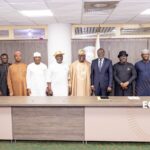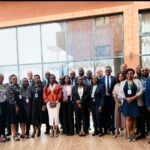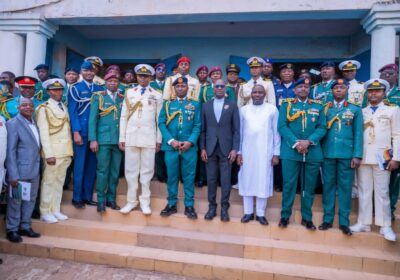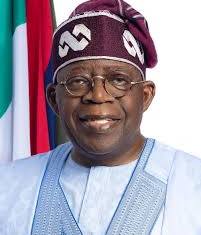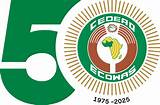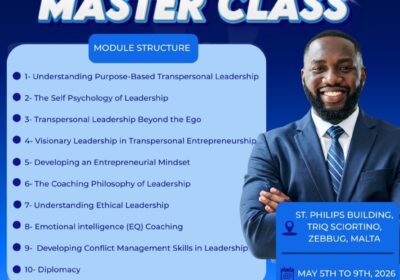ECOWAS@50:Leaders, Legends,Reflects on Challenges, Prospects for West Africa’s Future.
By Raymond Enoch
As the Economic Community of West African States (ECOWAS) marks its golden jubilee, prominent voices from across the region have gathered in Abuja to reflect on five decades of integration, cooperation, and the formidable journey ahead. The two-day conference, jointly convened by the Amandla Institute and the ECOWAS Commission, opened Tuesday 24th June 2025 with a high-level dialogue steeped up in history and urgent calls for future action.
ECOWAS Commission President H.E. Dr. Omar Alieu Touray addressed a high profile participants from selected and prominent people across the region, acknowledging regional challenges including political instability, terrorism, and economic fragility. Yet, his tone was resolute, urging West African leaders and citizens to “rekindle the spirit of regional solidarity” under the ambitious Vision 2050. Dr. Touray also announced an upcoming high-level summit aimed at charting “the future of West Africa” amid growing geopolitical tensions.
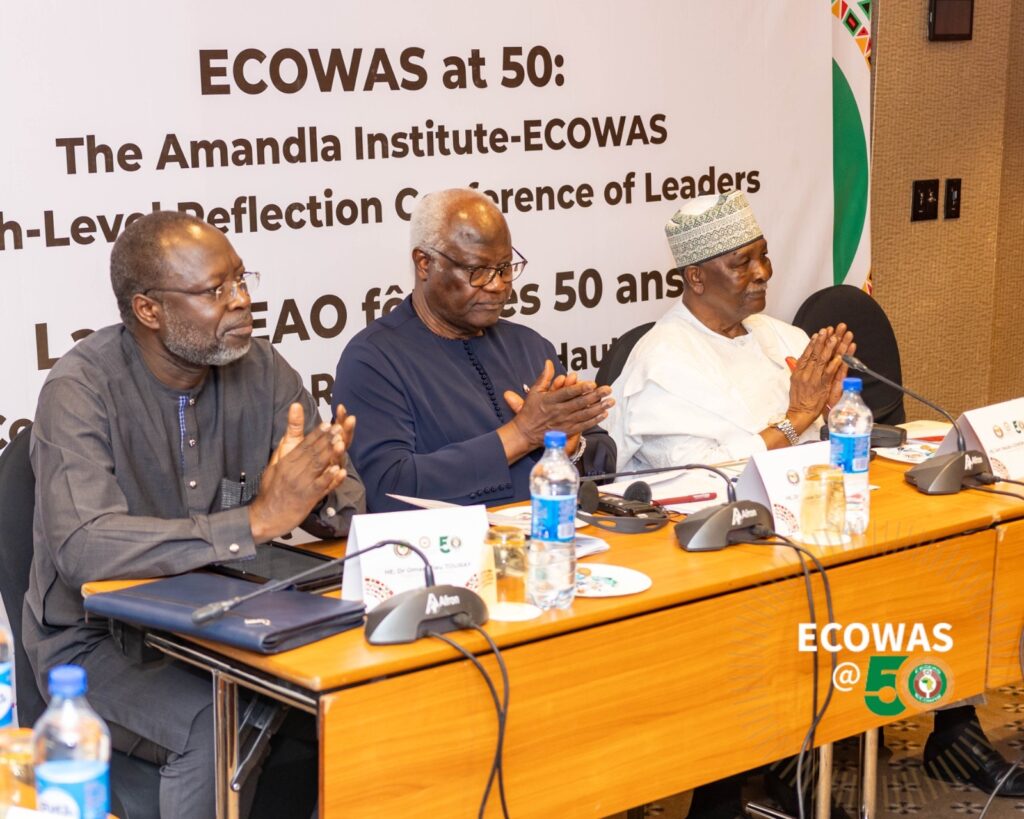
A key highlight of the gathering was the appearance of former Nigerian Head of State, General Yakubu Gowon (Rtd), one of ECOWAS’s founding architects. In a rare public reflection, Gowon paid tribute to his Togolese counterpart, the late President Gnassingbé Eyadéma, for their shared vision in 1975. “We believed deeply in a West Africa that would stand strong together,” Gowon said. “Fifty years later, that belief still matters.”
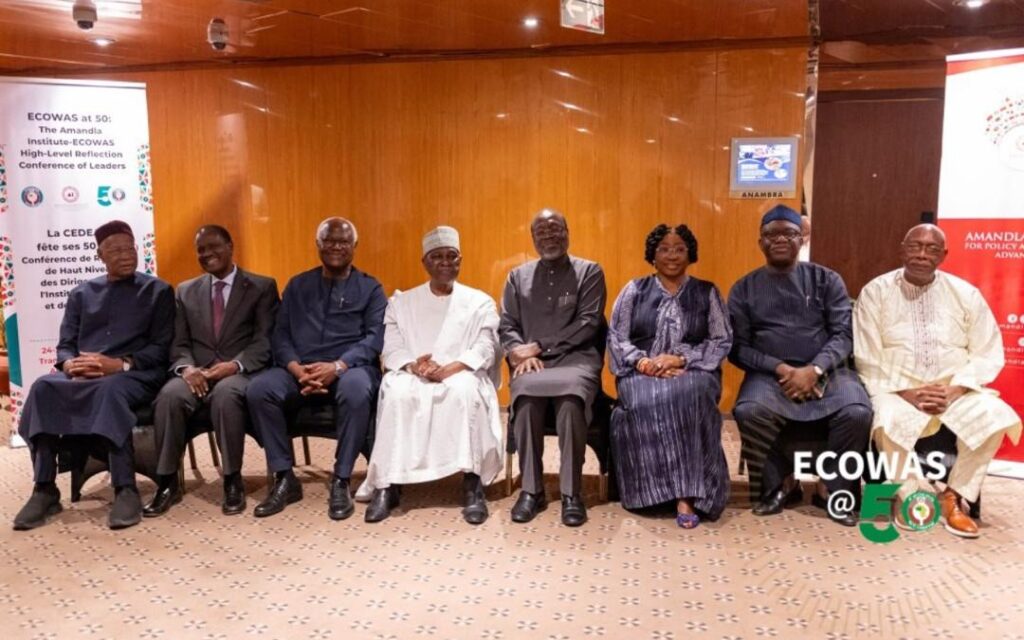
Dr. J. Kayode Fayemi, founder of the Amandla Institute and former Governor of Ekiti State, praised ECOWAS as a “pan-African experiment that dared to dream,” acknowledging both its successes and setbacks. “It is a model worth defending and refining,” Fayemi noted, stressing the role of think tanks like Amandla in shaping regional policy.
Veteran ECOWAS statesmen, including Dr. Lansana Kouyaté and Kadré Désiré Ouédraogo, lent their experience to discussions. Also present were heavyweight intellectuals and former national leaders like Prof. Abdoulaye Bathily and Dr. Ernest Bai Koroma, underscoring the weight the conference carries in regional politics.
As ECOWAS stands at a pivotal crossroads, this milestone event not only honors the past but forces a reckoning with the future—one that demands leadership, vision, and the collective will of a region still chasing the promise of unity, peace, and prosperity.



